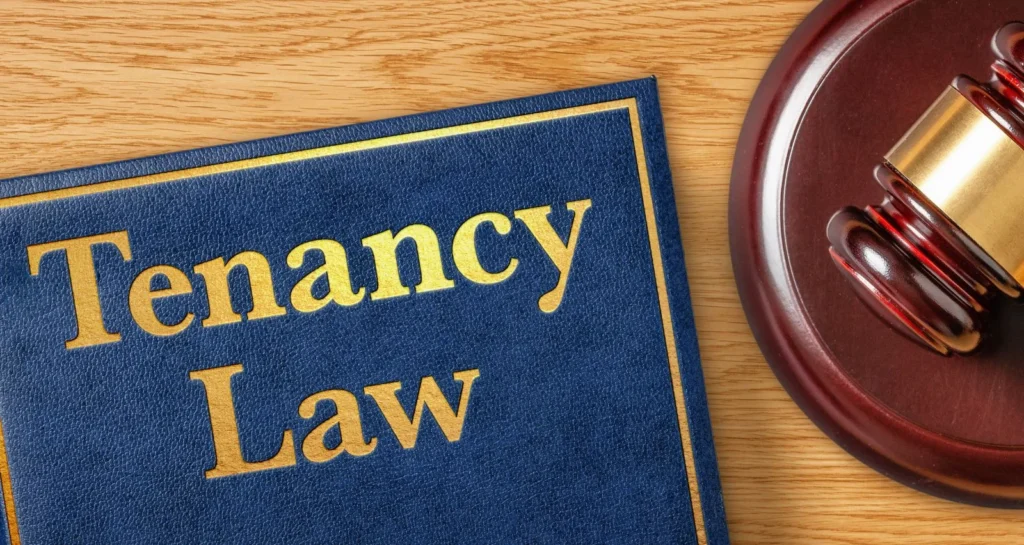Residential Tenancy Law refers to the legal rules and regulations that govern the relationship between landlords and tenants in residential rental properties. It outlines the rights and responsibilities of both parties to ensure fair treatment, proper maintenance of living conditions, and legal remedies in case of disputes.



A rental agreement is a legally binding contract between a landlord and a tenant that outlines the terms and conditions of the tenancy. It can be either written or oral, though written agreements provide a clear record of the terms agreed upon. Essential elements of a rental agreement include:
Tenants have specific rights and responsibilities under residential tenancy law, which include:
Landlords also have rights and responsibilities to ensure a fair and legal rental process.
Security deposits are funds paid by the tenant to the landlord as a precaution against potential damages or unpaid rent. Residential tenancy laws often regulate:
Rent control laws regulate the amount landlords can charge for rent and limit the frequency and extent of rent increases. These laws aim to protect tenants from excessive rent hikes and ensure affordable housing options. Rent control policies vary by jurisdiction and can include:
Disputes between landlords and tenants can arise over various issues, such as rent increases, repairs, or lease violations. Residential tenancy law provides mechanisms for resolving these disputes, including:
All information is provided for general knowledge purposes only and is not meant as a replacement for professional legal advice. If you have a personal legal question that requires legal advice, please consult a lawyer. At the end of each video you would be directed to contact an actual lawyer for a free consultation The Three Dimensions Law is not liable for any loss or damage caused by an individual’s reliance on information or material obtained from Flair Response. By accessing the information, individuals agree to release Three Dimensions from all liability.

Our goal is simple: we help give people the right legal answers. We offer straightforward legal explanations in clear language. Flairresponse.com serves as a platform providing up-to-date information on Canadian laws.
© 2025 Flair Response. All Rights Reserved.